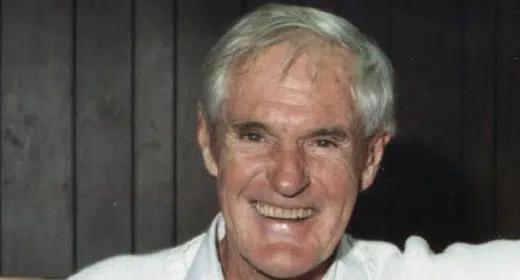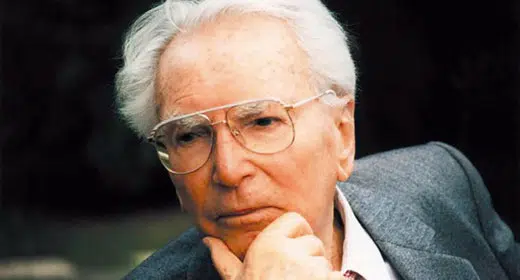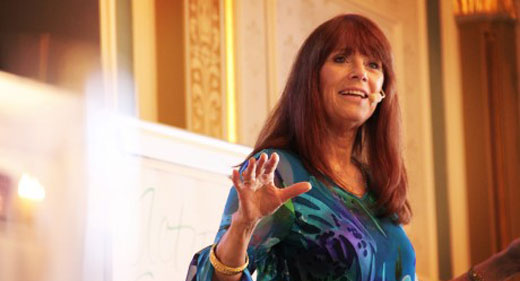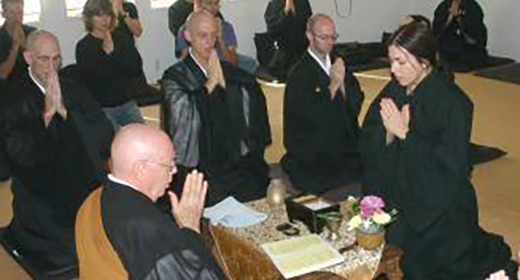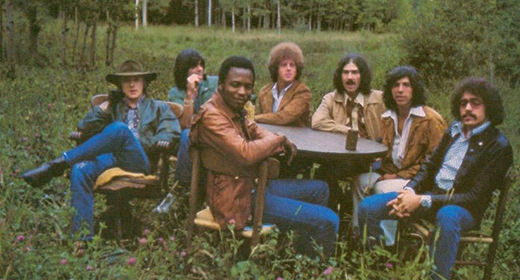“Life begins at the end of your comfort zone.” That’s probably the most quoted line from your best-selling Conversations with God. Can you tell us why that saying resonated with so many people?
Neale Donald Walsch: I think that most people intuitively understand—and see, as well, from their own observation of others who we admire—that it is when we stretch into That Which Is Uncomfortable that we really (and often, for the first time) experience life at its most tingling, igniting, and magnificent level. Whether it is having the courage to speak our truth and our whole truth, imagining a heretofore undreamt of goal and “going for it,” or taking the plunge on a major job or relationship decision that may seem at first scary to us, we notice that it is at this leading edge where Simple Survival shifts into Simply Sensational.
It doesn’t take long for the average person to realize that for the average person to rise above the average, a willingness to be a little scared or a little nervous or at least a little unsure is going to be required.
We are only scared when we are not absolutely, positively, and completely certain of the result. It takes only a short time for us to conclude that continually certain results are continually boring. Life begins when boredom ends. We all know this. No one has to tell us this. We’ve known this since we were six.
Now within the context of Conversations with God and its focus on spiritual growth, the risk of stepping into the highest expression of the Spiritual Self can at times feel enormous. Yet the mind spins in anticipation of such an opportunity, the heart leaps at the chance, and the soul smiles at the knowing that our opportunities will never end. So the Whole of Us knows where the wonder in life will be found. It’s merely and only a question of whether we’ll round up the courage to go there—because it takes such a complete change in behavior in so many moments for us to fully express our True Nature that it can sometimes seem impossible. Yet, to loosely paraphrase Albert Einstein, “If it’s not impossible, there’s no use even trying.”
1440: For everyone who has never read your work, what do your conversations with God look like? Has their quality or characteristics changed over time?
Neale Donald Walsch: The Conversations with God dialogues read like friendly, sprightly, often humorous, always fascinating and endlessly helpful exchanges between someone longing for answers to life’s most persistent questions and someone joyfully willing to provide responses filled with patience, wisdom, and love. The dialogues have not changed in nuance, style, or substance since the first experience over 25 years ago. An amazing aspect of the dialogues is the consistency of its messages, captured over a period of more than two decades and covering over 3,500 pages.
1440: Were you surprised when your first Conversations with God was on the best seller list for 134 weeks? What was this like for you as an author and spiritual messenger—to see this work read and acclaimed in this type of way?
Neale Donald Walsch: I’m not sure that “surprised” is the word. I was “surprised” that the first manuscript actually got published, that’s for sure. I sent it to a handful of publishers on a dare. I was, in fact, “daring God,” who said to me in the dialogue, “This will one day become a book.” I thought to myself: Sure. You and a hundred other people are going to send your middle-of-the-night mental meanderings to a publisher, who’s going to say, “Stop the presses! This guy is talking to God!” But after the book was actually printed and distributed (the publisher rushed it to print, getting it on bookstore shelves within just over 90 days of the manuscript’s submission), I just quietly looked on and watched what happened.
As to your second question, I did not feel like “an author,” because I did not have the experience of having “written a book” so much as having simply “taken dictation.” That was exactly my experience. So I didn’t have any kind of chest-expanding pride when the book became a best seller, translated into 37 languages, and read around the world. Just the opposite, in fact. I felt, and still feel, deeply humbled to have had a role in it finding its way to our world.
I am only grateful to know that millions of people seem to have—and say they have—benefited from the material.
1440: Does your work land differently with different religious identities? Is there a specific audience that has been more receptive or moved by Conversations with God than the title might lead us to believe?
Neale Donald Walsch: I don’t know about that. I haven’t taken or seen any reader surveys relating to the dialogue. From the mail and email I have received and the comments I have received at in-person events, it appears that people of every spiritual persuasion and culture have been uniformly touched by what I have experienced as a Civil Rights Movement for the Soul … freeing humanity at last from the oppression of its beliefs in a violent, angry, judgmental, and vindictive God.
1440: What are you working on now?
Neale Donald Walsch: I am deeply involved in seeking to provide expanded opportunities for people who feel moved to explore new spiritual horizons to do so through online events, programs, and dialogues relating to CWG. People who wish to stay connected with the messages will find many resources at CWGConnect.com.
I feel it is important to note that my message to everyone about the CWG messages is always the same: ‘Ours is not a better way, ours is merely another way.’
I have invited people to never take anything they have found in Conversations with God, or any other spiritual literature for that matter, as infallible, but to always look to their own experience and remain their own authority in these matters. The most important message of the nine dialogue books is found on page five of Book One, in which God said: “I talk to everyone, all the time. The question is not, ‘To whom do I talk?’ The question is, ‘Who listens?’ … ”

